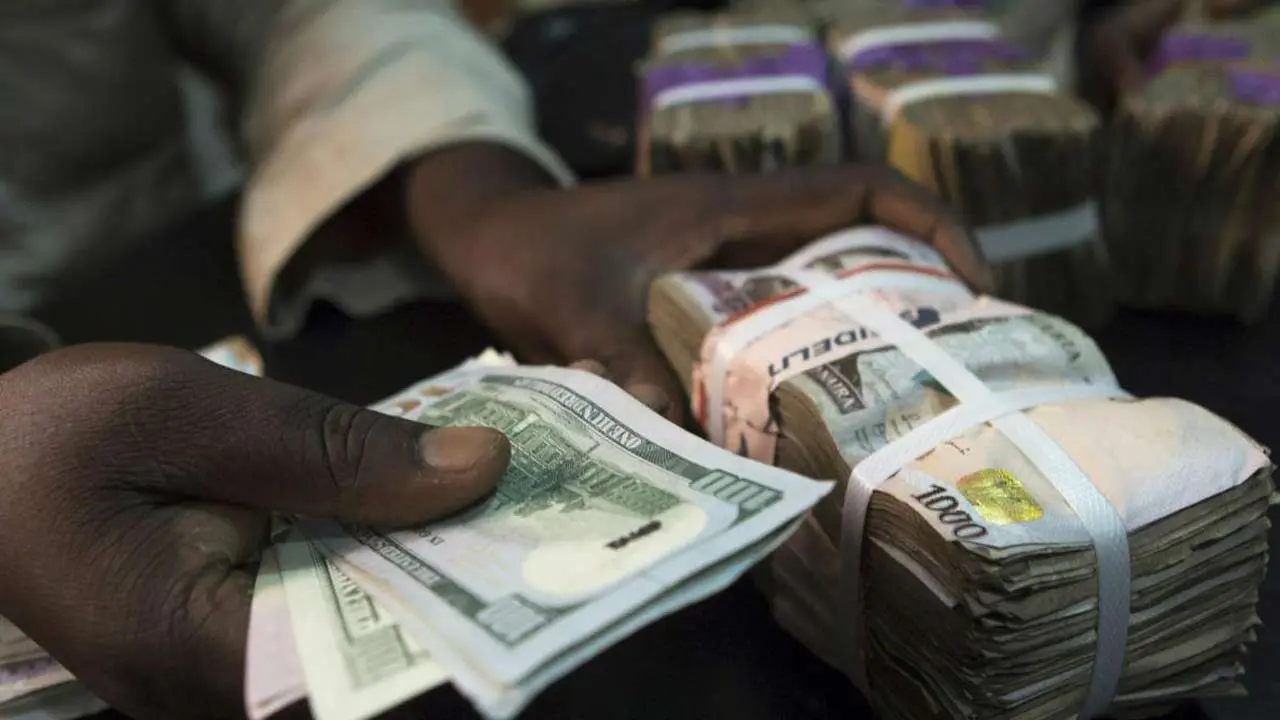The Nigerian naira remained stable against the euro in the parallel market following the Conservative victory in Germany’s national election. On February 24, 2025, the EUR/NGN exchange rate opened trading in the unofficial market at N1,560, up from N1,612/€ previously.
This stability in the naira came as the election results in Europe’s largest economy provided market relief.
According to a forecast released by ZDF broadcaster, the right-wing Alternative for Germany (AfD) party secured 20% of the vote, while the conservative Christian Democratic Union (CDU) and its Bavarian counterpart, the Christian Social Union (CSU), claimed 28%.
Investors expressed relief after the election, noting that the results did not present any major surprises. While Friedrich Merz, the leader of the CDU, is set to become Germany’s next chancellor, analysts expect him to face a difficult and lengthy coalition negotiation process.
Despite the challenges ahead, the election outcome was seen as positive by market participants, as the AfD’s influence, especially on fiscal reform, was not as strong as anticipated. Germany’s largest political parties had been under increasing pressure due to underinvestment resulting from years of fiscal constraints, with critics pointing to the “debt freeze” policy that had hindered necessary reforms.
Analysts are now closely watching how quickly the CDU can form a coalition to address pressing issues, particularly economic reforms. With Germany’s fragile economy and growing defense spending needs, there is heightened attention on how soon the new government can push forward with necessary fiscal changes.
READ ALSO: Expert advocates for exchange rate stability over interest rate adjustments
The market remains focused on whether Germany will amend its “debt brake” policy, which currently limits structural budget deficits to just 0.35% of GDP.
As Germany’s conservatives secured a victory, the euro rose to a one-month high, and stock futures surged on Monday. Investors showed little interest in increasing their dollar holdings, with concerns over the potential for an aggressive second term by former U.S. President Donald Trump, who has been known for his contentious rhetoric on tariffs.
This uncertainty has contributed to the dollar losing over 3% from its peak in January. Additionally, declining U.S. Treasury yields are raising concerns about the future of the U.S. economy, further diminishing confidence in the dollar.
In Nigeria, the Central Bank’s ongoing reforms continue to shape the dynamics of the foreign exchange market. One significant change was the introduction of the Electronic Foreign Exchange Matching System (BMatch) in December 2024. This system, developed by Bloomberg, allows authorized dealers to place orders anonymously into a central limit order book, enhancing transparency and improving price discovery within the FX market.
The BMatch system has helped reduce market distortions, thereby stabilizing exchange rate fluctuations and improving the Central Bank of Nigeria’s (CBN) ability to monitor the market. Furthermore, the introduction of the Nigerian Foreign Exchange Code has played a key role in boosting market stability by setting clear standards for ethical conduct, risk control, and information-sharing among market participants.

 Entertainment6 days ago
Entertainment6 days ago
 Health1 week ago
Health1 week ago
 Health4 days ago
Health4 days ago
 Football1 week ago
Football1 week ago
 Football1 week ago
Football1 week ago
 Crime4 days ago
Crime4 days ago
 Education6 days ago
Education6 days ago
 Crime1 week ago
Crime1 week ago

